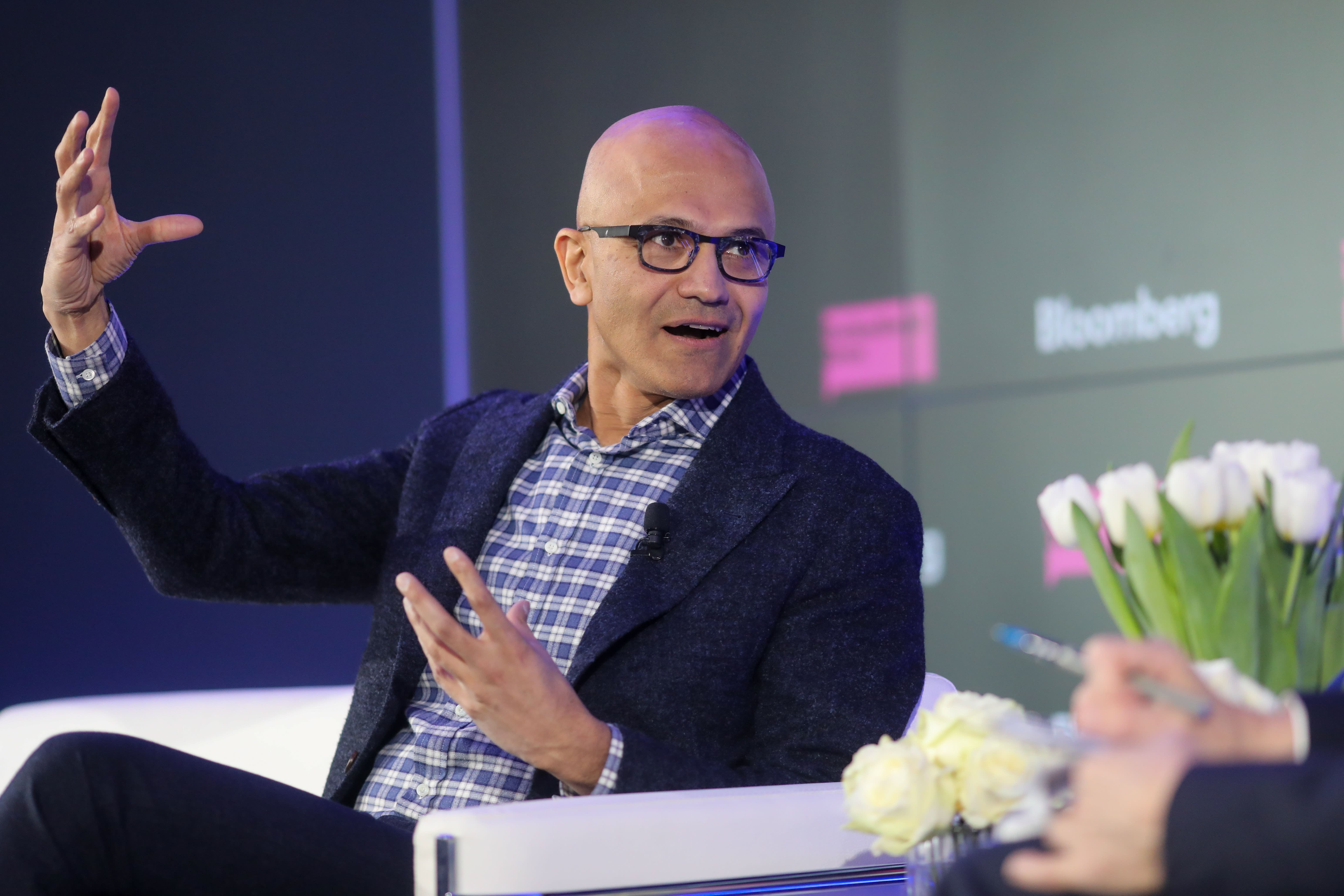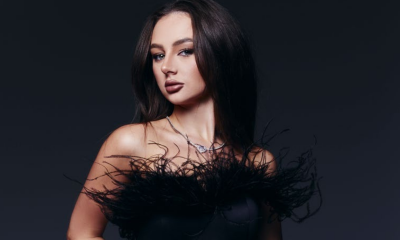SOCIAL MEDIA NEWS
Microsoft spins off Xiaoice chatbot for Chinese users
Satya Nadella, chief executive officer of Microsoft Corp., gestures as he speaks during a Bloomberg event on the opening day of the World Economic Forum (WEF) in Davos, Switzerland, on Tuesday, Jan. 21, 2020.Simon Dawson | Bloomberg | Getty ImagesMicrosoft will no longer be the parent of a friendly virtual chatbot for Chinese users. The company is spinning off the technology, known as Xiaoice or Xiaobing, into a new standalone company. The move further hones Microsoft’s focus on commercial business rather than consumers. In recent years Microsoft has left several markets aimed at consumers, including e-books, music streaming, fitness wearables and smartphones. Xiaoice became available in 2014, not long after Satya Nadella replaced Steve Ballmer as Microsoft’s CEO. The technology uses artificial intelligence to hold up its end of a virtual chat conversation, and generally takes on the persona of a teenager. “Sometimes sweet, sometimes sassy and always streetwise, this virtual teenager has her own opinions and steadfastly acts like no other bot,” Microsoft explained in a 2018 blog post. “She doesn’t try to answer every question posed by a user. And, she’s loath to follow their commands. Instead, her conversations with her often adoring users are peppered with wry remarks, jokes, empathic advice on life and love, and a few simple words of encouragement.”Xiaoice was trained on data that Microsoft picked up from internet users through the Bing search engine, and works with multiple other chat services, including Weibo. But the Chinese authorities haven’t always looked at it kindly. The service had been reportedly banned three times from Tencent’s WeChat for unspecified reasons related to privacy concerns and political content. The new entity will keep serving existing users while also seeking to bring the technology to other companies in China, Japan and Indonesia, according to a Chinese-language announcement posted on QQ on Sunday. Microsoft will hold an investment interest in the new company, according to the announcement. The general manager of Xiaoice at Microsoft, Di Li, will be CEO of the new company.The chatbot had 660 million users, according to Sunday’s announcement. People who used it told Microsoft that they felt more positive and supported emotionally, according to a 2018 academic paper.Xiaoice won a warmer reception than Tay, an English-language chatbot that Microsoft launched on Twitter in 2016. Malicious users quickly realized they could tailor how they interacted with Tay to manipulate it into delivering offenseive responses. Microsoft continues to operate the Cortana virtual assistant, which is available on mobile devices and in Windows 10.WATCH: Options traders see upside potential in Microsoft
Source link













